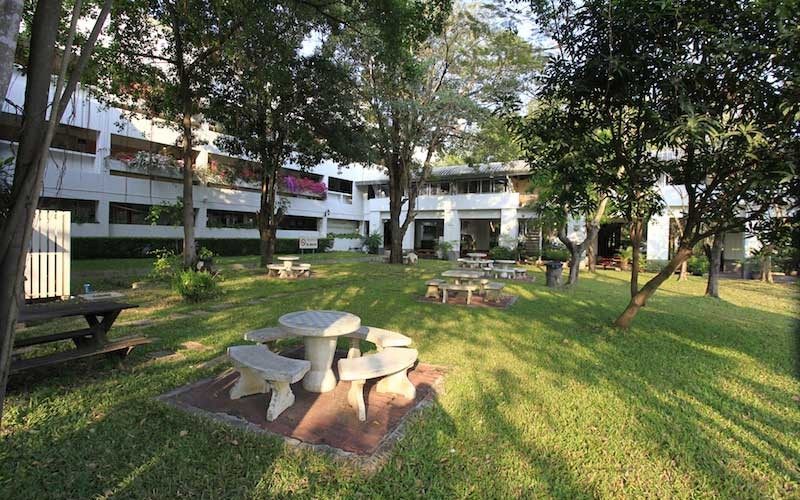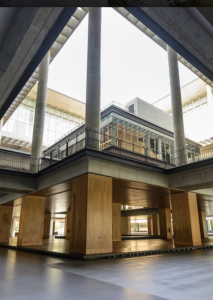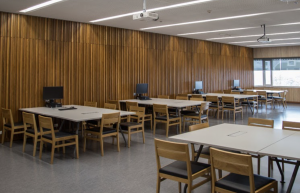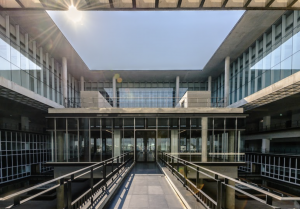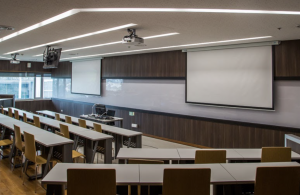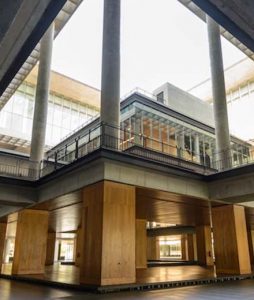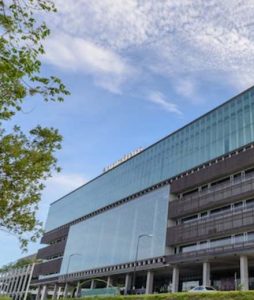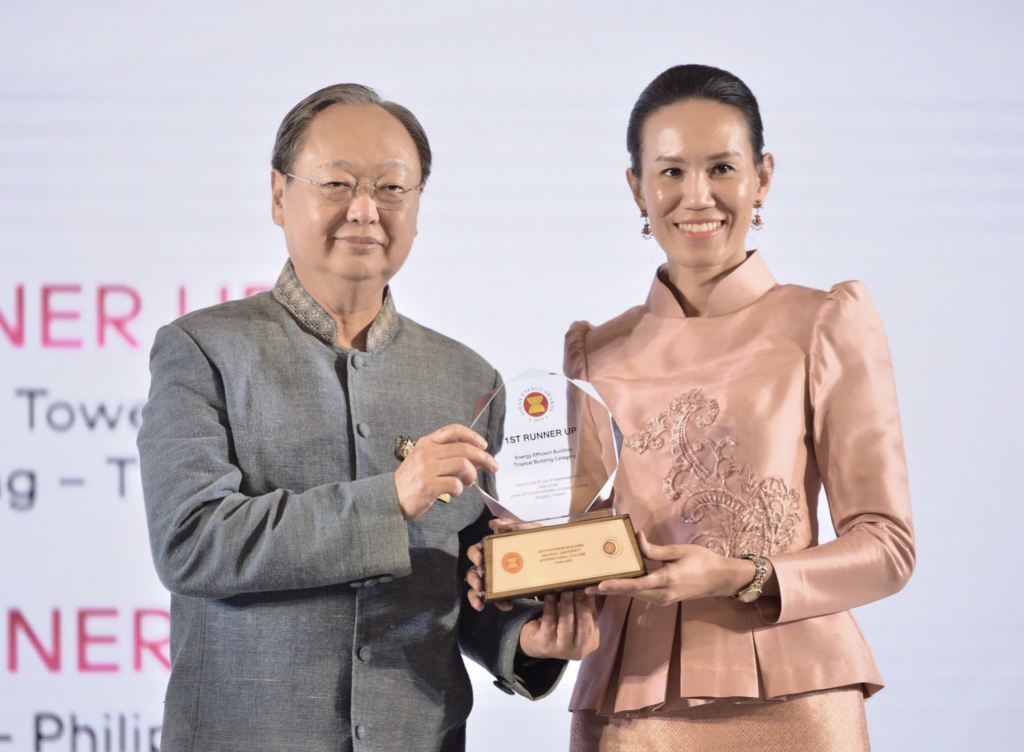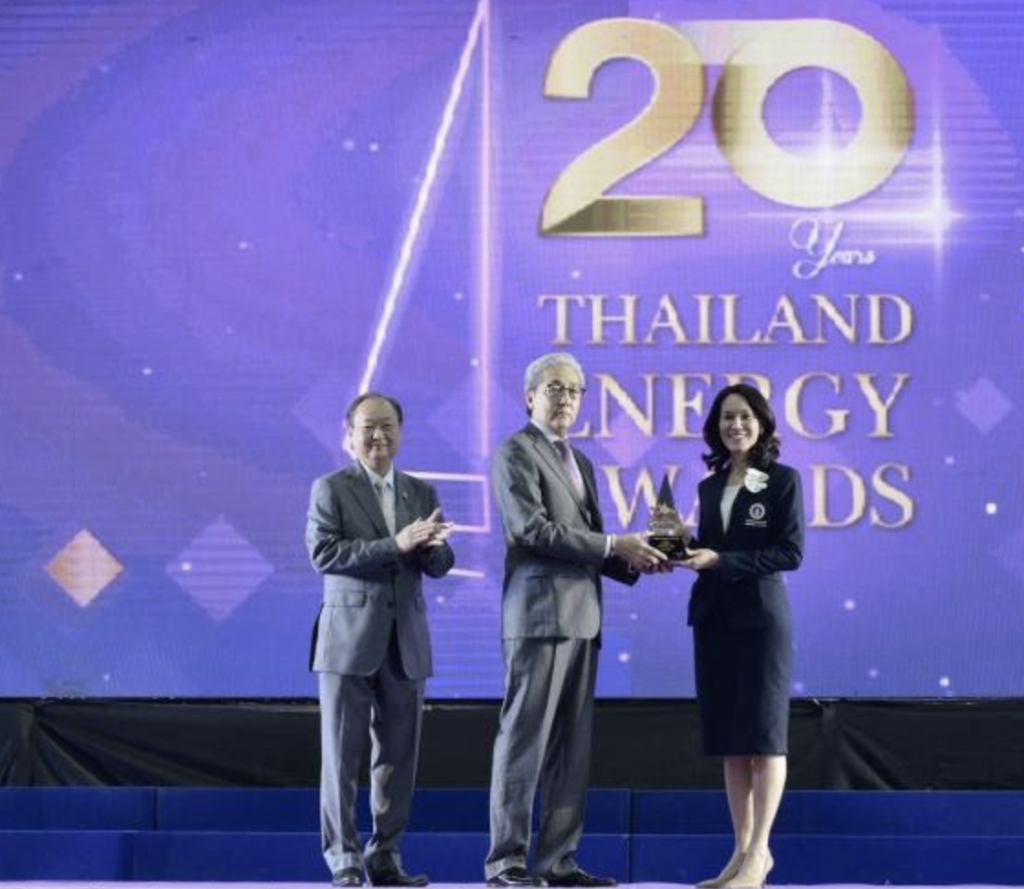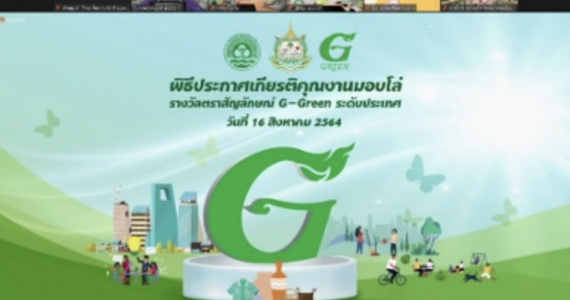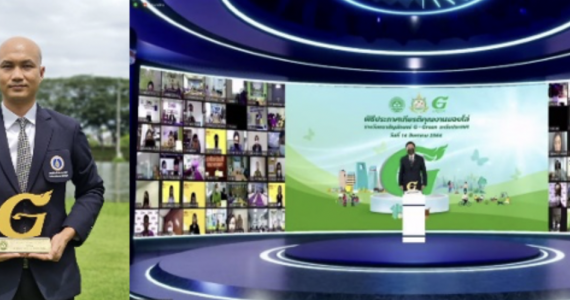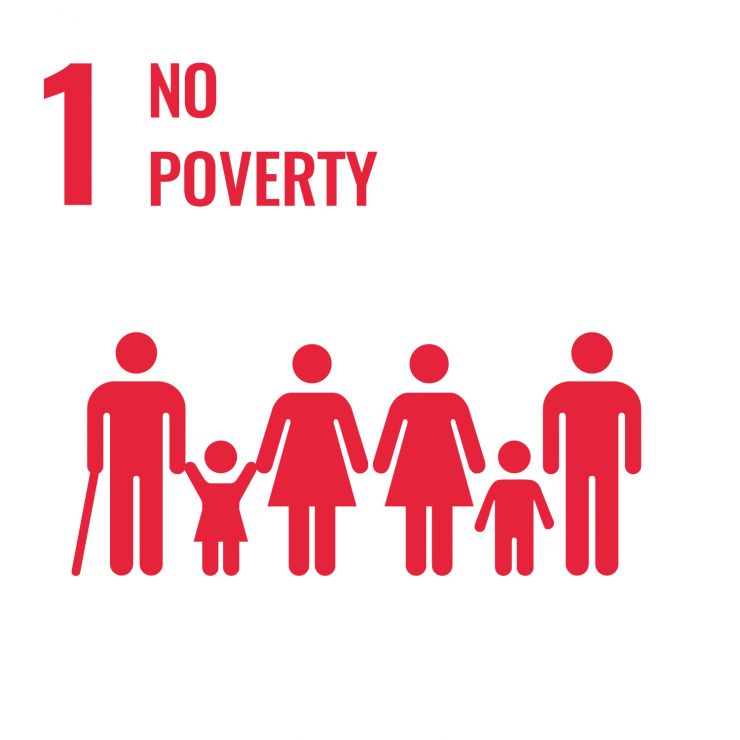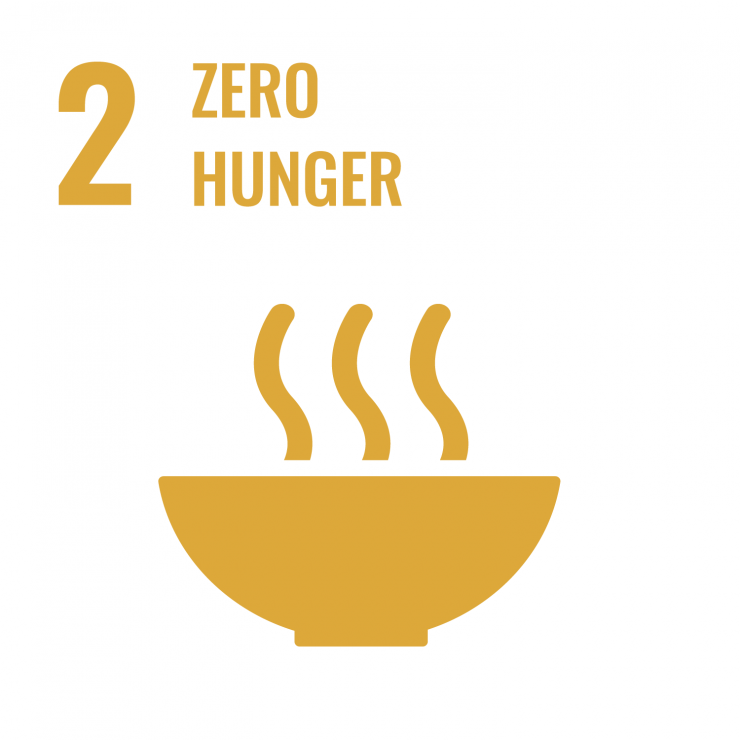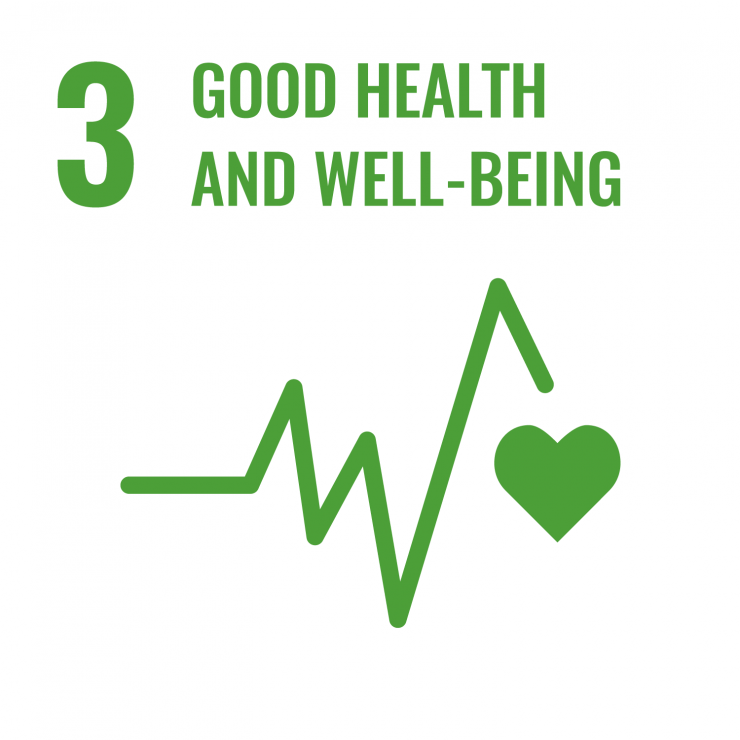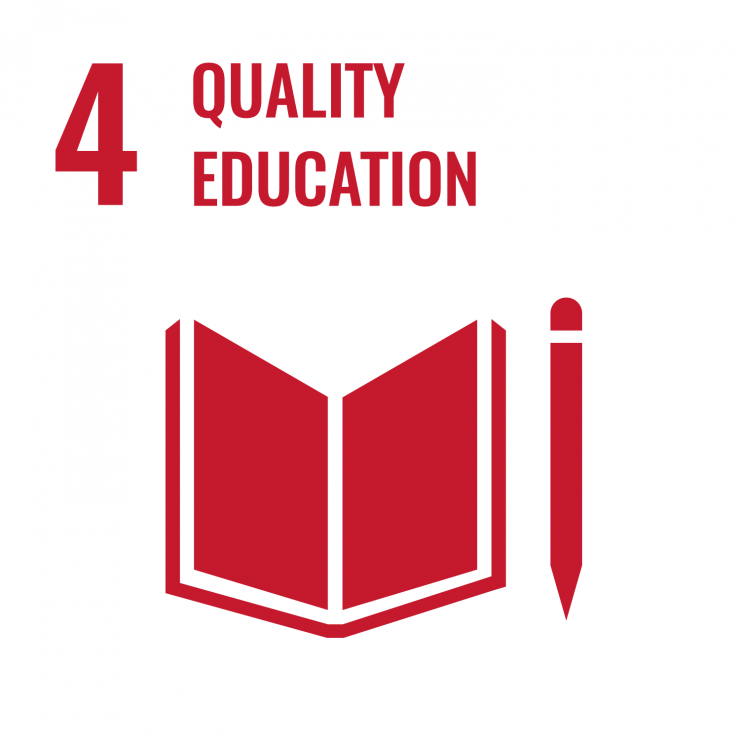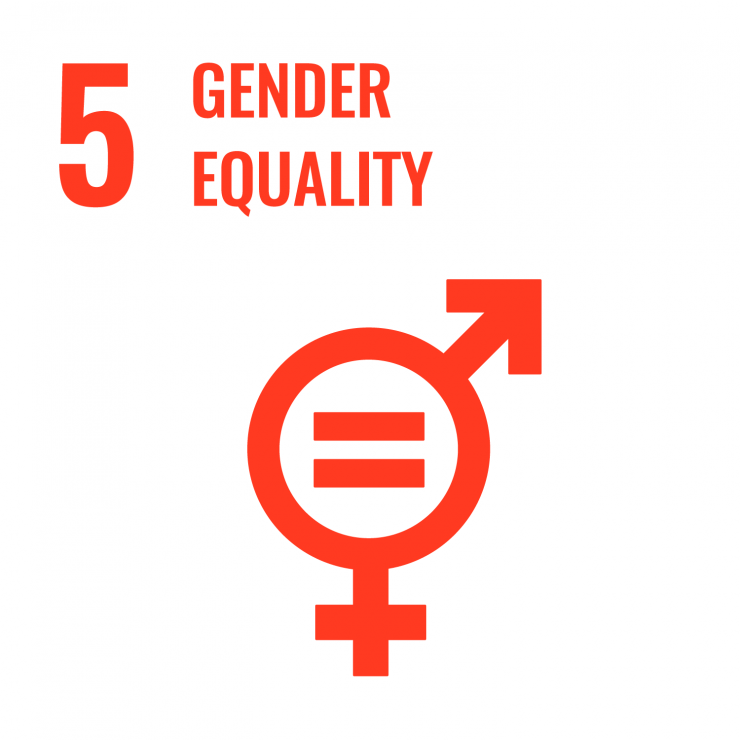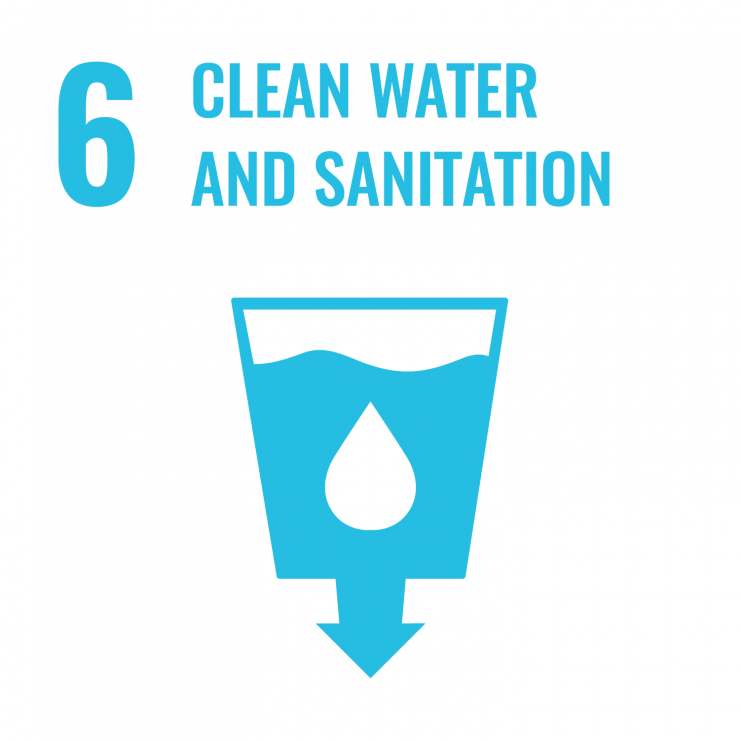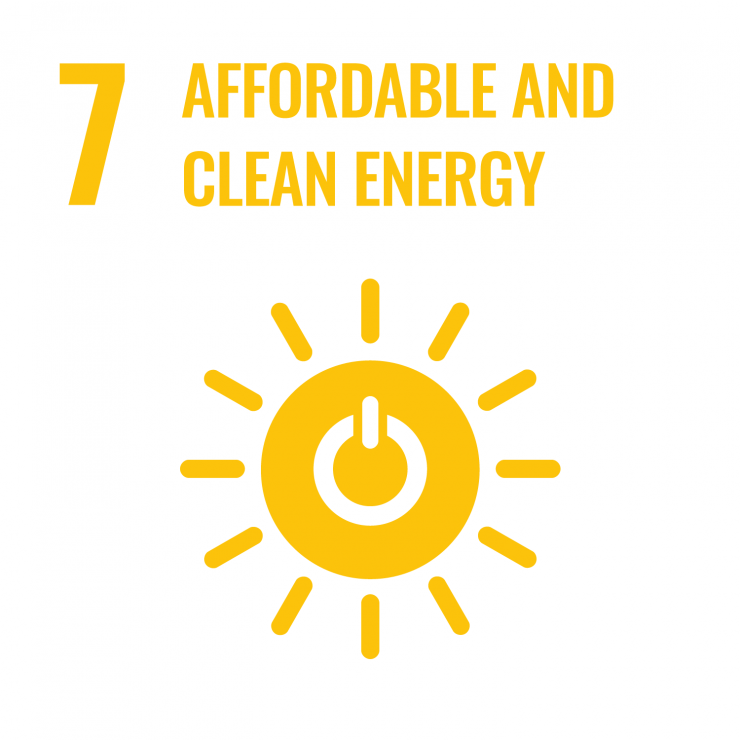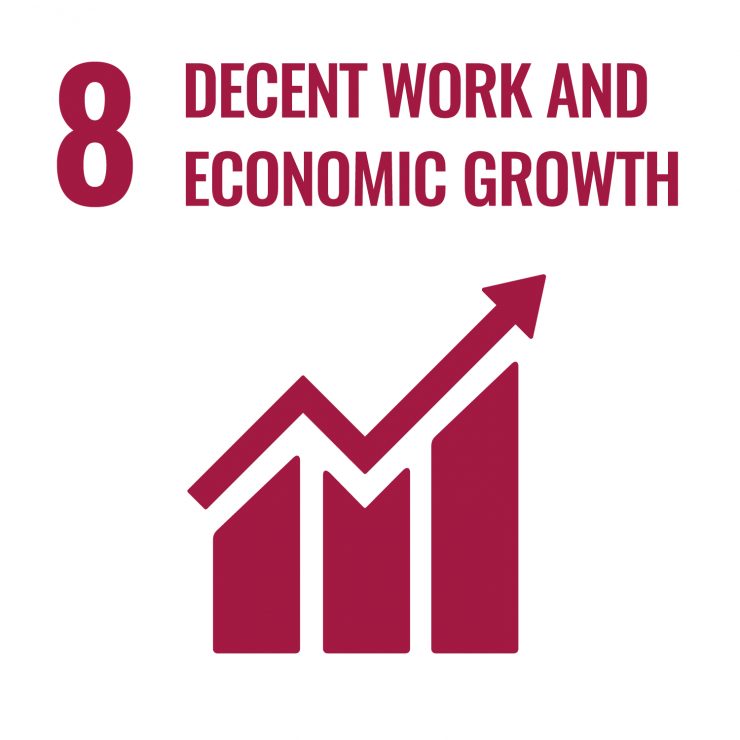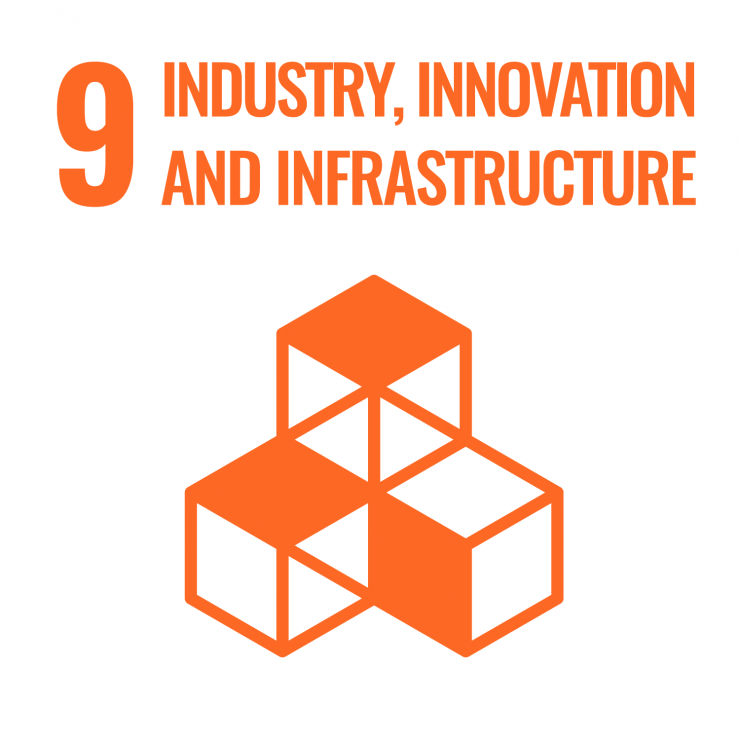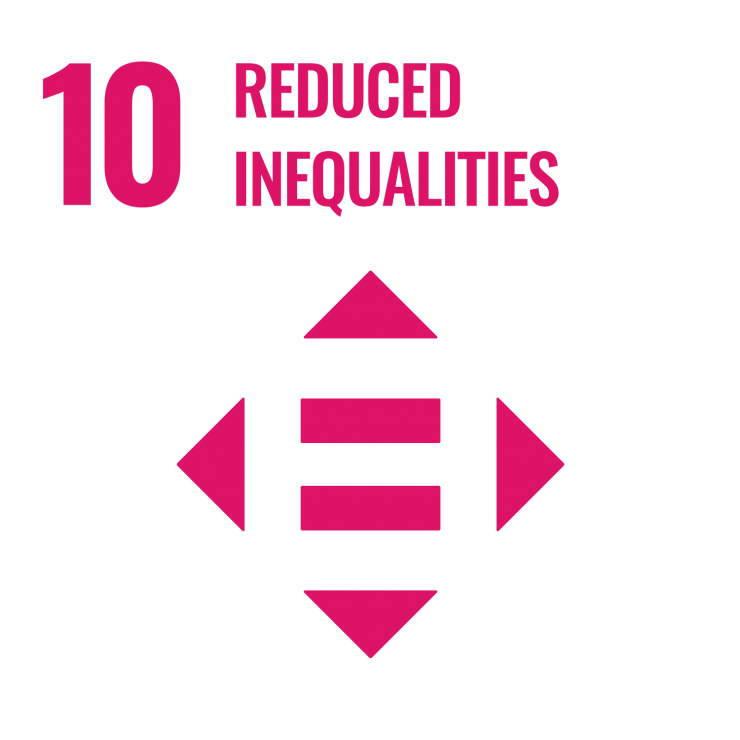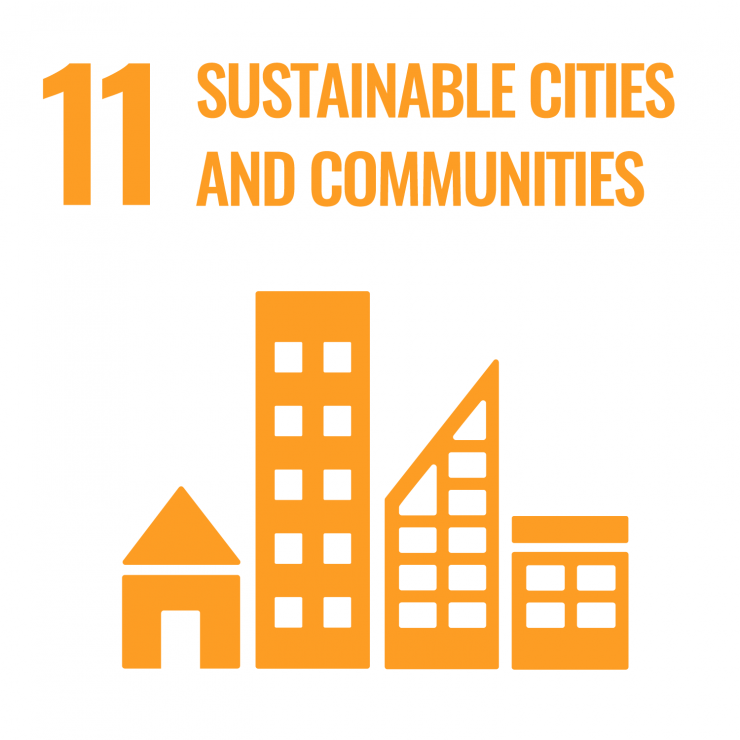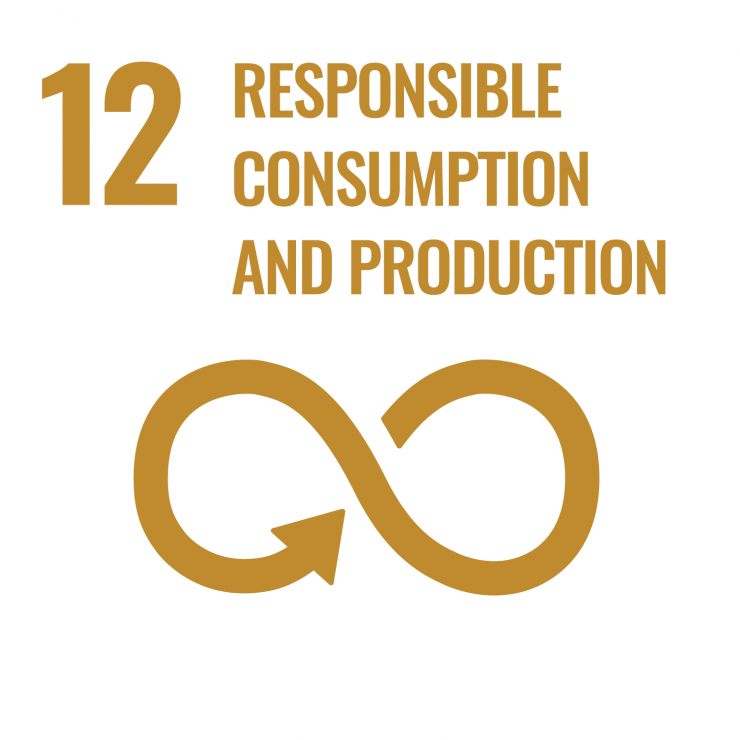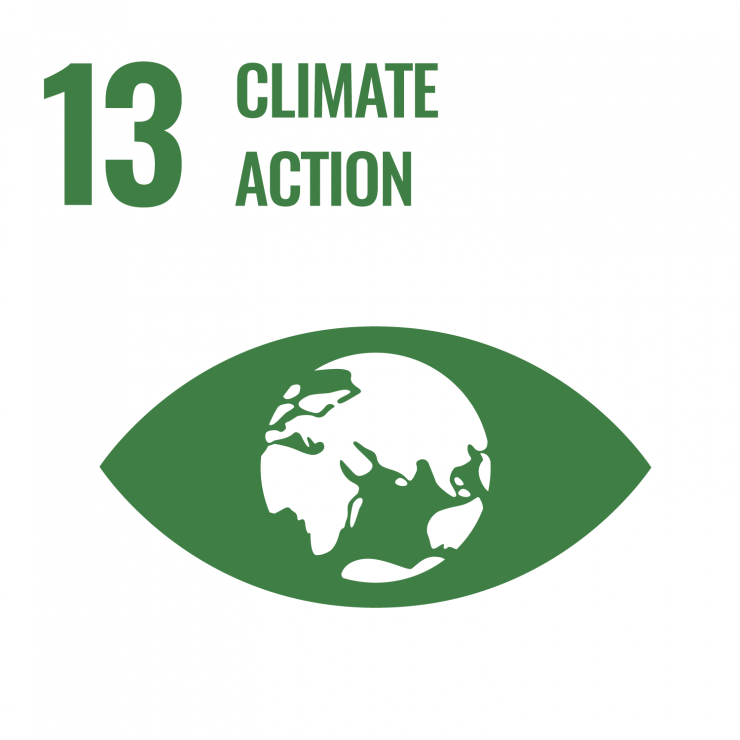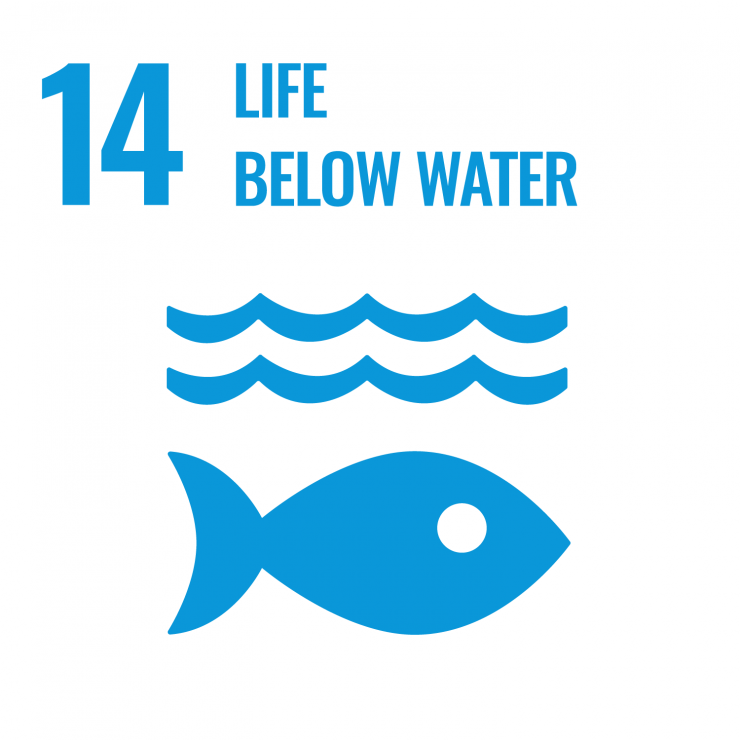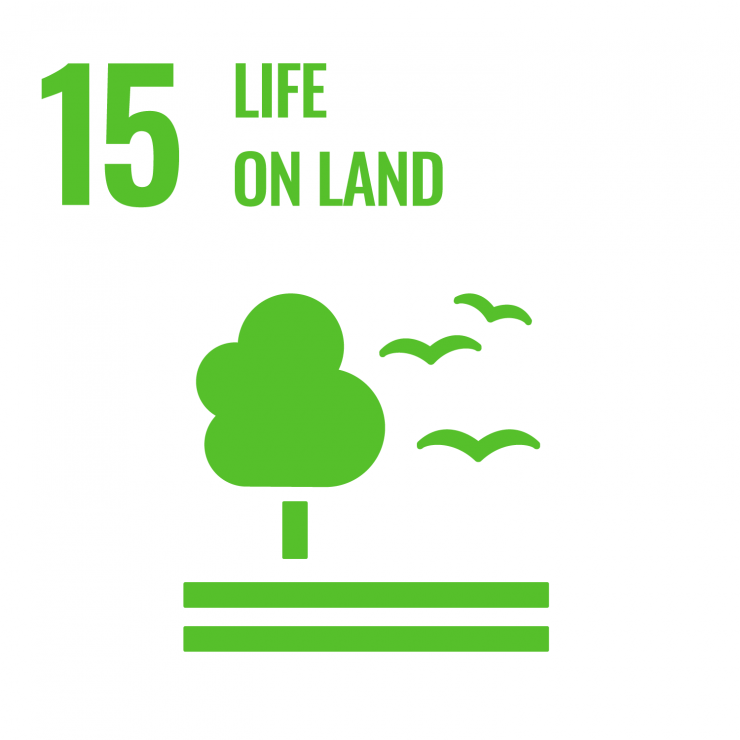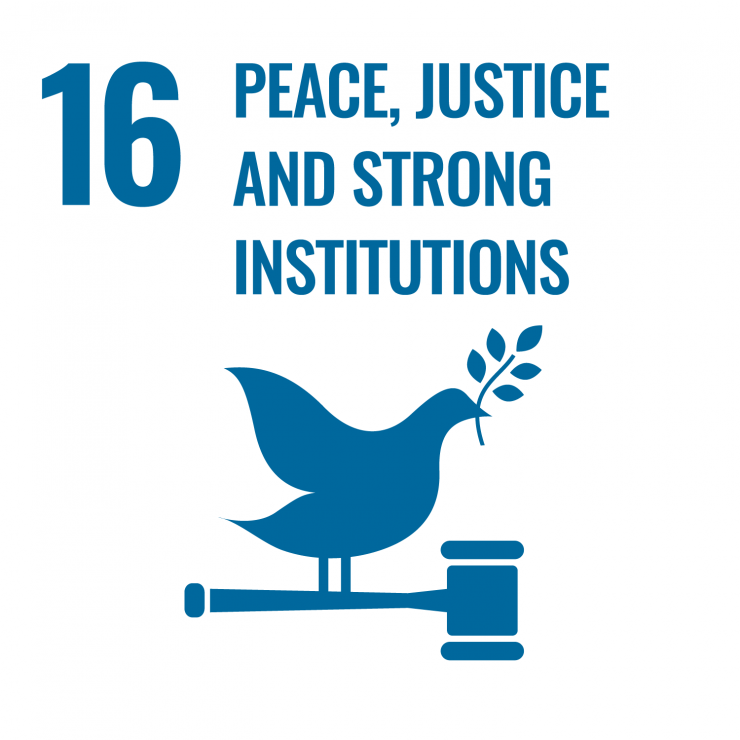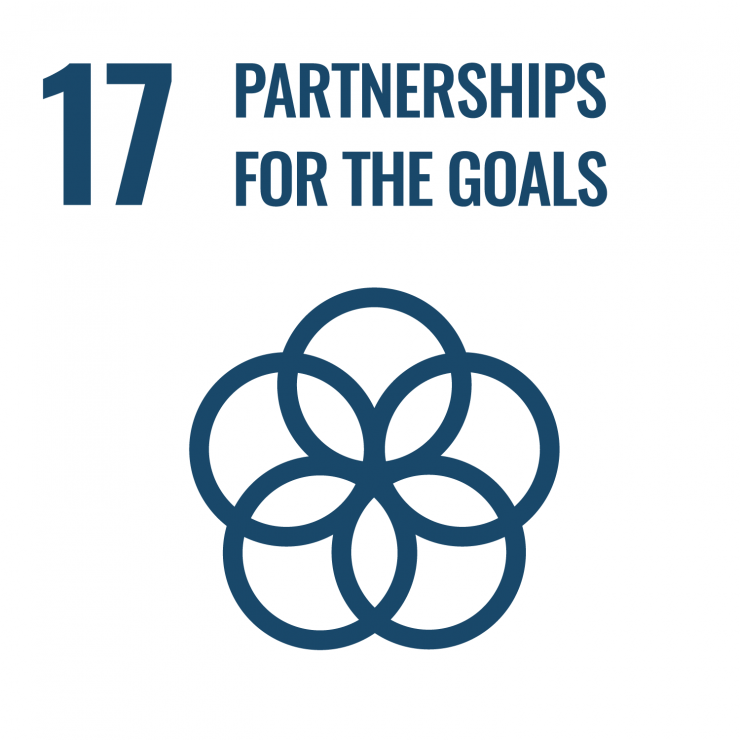As a member of Higher education institutions, Mahidol International College (MUIC) takes a role and responsibility in the education for sustainable development. Aspects of global climate change awareness, environmental sustainability, and efficient use of natural resources have been incorporated into our infrastructure, organisational management, research, education services and student engagement.
Green office and Energy conservation
We have adopted a “Resource Conservation” policy in 2015 and have continued improving our sustainable practices. Aspects of global climate change awareness, environmental sustainability, low-carbon usage and efficient use of natural resources have been incorporated into our infrastructure and organizational management. Several practices have been implemented, for example waste management, health and safety in workplace, maintenance of air conditioning, conducting Green meeting, systematic data (carbon/paper/water/electricity usage) collection and analysis for improvement. We aim to reduce our waste through prevention, reduction and reuse. The use of plastics bags and straws in the College should be reduced to less than 5% in 2025. We promote public procurement practices that are sustainable, in accordance with national policies.
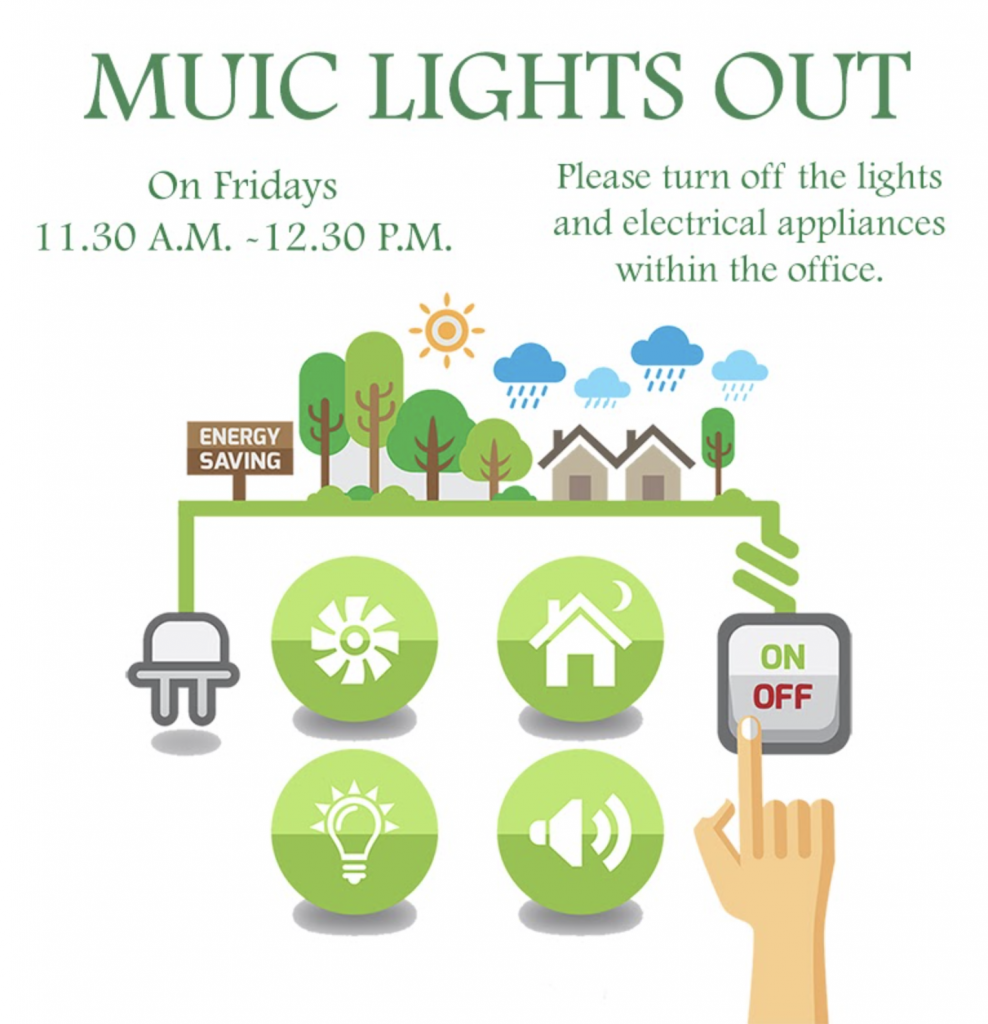
The Green Office Award
In 2016, MUIC won 2 awards, the Green Office Award and Thailand Energy Award in the “Energy Conservation in Building Control” category.
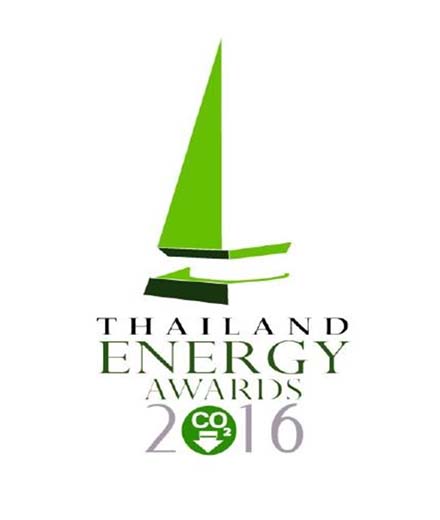

Energy efficient building
Our new building “Aditayathorn” Building has been designed to create a friendly teaching and learning environment for students and staff, and to encourage modern creative thinking. The building has its modern influences—the clean and simple lines girding the concrete-and-glass square building. The style of the building expresses the fusion of Modern Art elements with tropical design. The green court and the open space on the second floor of the building serves as an indoor park that give a friendly feeling and life to all visitors. With sustainability in mind, the build also has a combination of energy-efficient air-conditioners and natural ventilation, energy-efficient lighting system, renewable energy use, water-saving sanitation system, waste segregation and recycling facility have resulted in 60% energy reduction compared to most buildings at this size. On September 4, 2019, the Aditayathorn building was awarded the 1st Runner-up in ASEAN Energy Award in the category “Energy efficient Building” and sub-category “Tropical Building”
The ASEAN Energy Award is Southeast Asia’s highest reward aiming to promote clean coal technology(CCT), energy efficiency, and renewable energy development that Contribute towards energy sustainability, and to provide a mechanism for organizations to continuously search, benchmark and acknowledge initiatives and best practices in energy development. The ASEAN Energy Awards 2019 was organized by the Division of Physical Systems and Environment, Thailand.
Thailand Energy Award 2016 MUIC won the Thailand Energy Awards in the Energy Conservation in Building Control category in 2016. The contest was sponsored by the Department of Alternative Energy Development and Energy Efficiency (DEDE) of the Ministry of Energy. MUIC undertook several projects that promote energy efficiency in the workplace in order to reduce unnecessary energy consumption and at the same time create awareness among faculty members and staff.
On October 18, 2019, the Aditayathorn building won Thailand Energy Awarding the category “Energy Efficient Building” and sub-category “New and Existing Building”. The ceremony was held at the Bangkok International Trade and Exhibition Center. The Thailand Energy Awards 2019 was organized by the Division of Physical Systems and Environment, Thailand.

